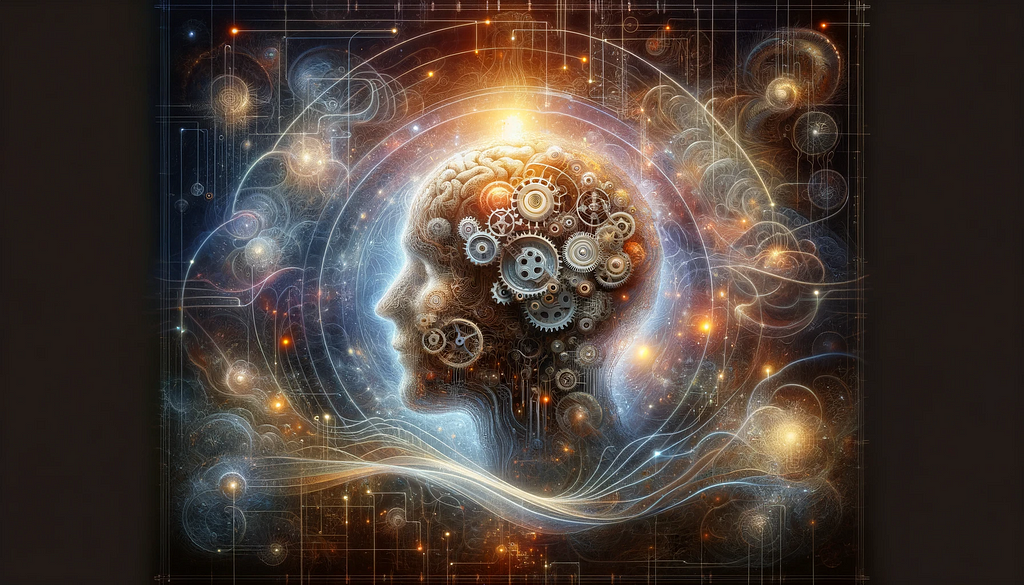
The realm of philosophy of mind and consciousness delves into some of the most profound and perplexing questions about human nature and existence. At the core of this field lies the inquiry into what consciousness is, how it arises, and its relationship with the physical world, particularly the brain. This article aims to explore various perspectives within this field, elucidating the complexities and debates that have captivated thinkers for centuries.
Defining Consciousness
Consciousness, often referred to as the state of being aware of and able to think about one’s own existence, experiences, and the external world, is a fundamental concept in the philosophy of mind. It encompasses a range of experiences, including sensory perception, self-awareness, thoughts, and emotions.
Example: Consider the experience of tasting a lemon. This is not just about the chemical reaction on your taste buds; it’s about the subjective experience, the tanginess, and sourness you feel, which is part of your consciousness.
Dualism vs. Physicalism
Dualism
One of the oldest debates in the philosophy of mind is between dualism and physicalism. Dualism, most famously proposed by René Descartes, posits that mind and matter are two fundamentally different kinds of substances. Descartes argued that the mind, a non-physical entity, interacts with the physical body.
Example: The sensation of pain. According to dualism, while the brain processes the pain signals, the actual experience of pain is a function of the mind.
Physicalism
On the other hand, physicalism argues that everything about the mind can be explained in physical terms. This view holds that consciousness arises from the brain’s physical processes.
Example: When a person is under anesthesia, they lose consciousness. Physicalists argue that this is because the physical processes of the brain that generate consciousness are interrupted.
The Problem of Consciousness
A key issue in the philosophy of mind is explaining how and why physical processes in the brain give rise to subjective experiences, often termed as the “hard problem” of consciousness by philosopher David Chalmers. This problem questions how and why certain brain processes are accompanied by an experienced reality.
Example: Why does the firing of neurons associated with seeing red result in the specific experience of ‘redness’?
Emergent Properties and Consciousness
Another perspective is the concept of emergent properties — that consciousness emerges as a complex property when a system (like the brain) reaches a certain level of complexity.
Example: Just as the wetness of water is not a property of individual H2O molecules but emerges from their collective behavior, some argue consciousness emerges from complex neuronal activities.
Artificial Intelligence and Consciousness
The rise of artificial intelligence (AI) has added a new dimension to this debate. Can machines be conscious? If a machine could mimic all the external signs of human consciousness, would it actually ‘be’ conscious?
Example: If an AI could behave indistinguishably from a human in all tests, would it be fair to ascribe consciousness to it?
The philosophy of mind and consciousness remains a vibrant field, continually evolving with advancements in neuroscience and technology. It bridges the gap between the abstract world of philosophy and the empirical world of science, offering insights into what it means to be human. As our understanding deepens, the mysteries of consciousness continue to challenge and fascinate philosophers, scientists, and thinkers around the globe, promising an ongoing journey into the depths of human understanding.
Philosophy of Mind and Consciousness was originally published in EpicurusEcho on Medium, where people are continuing the conversation by highlighting and responding to this story.